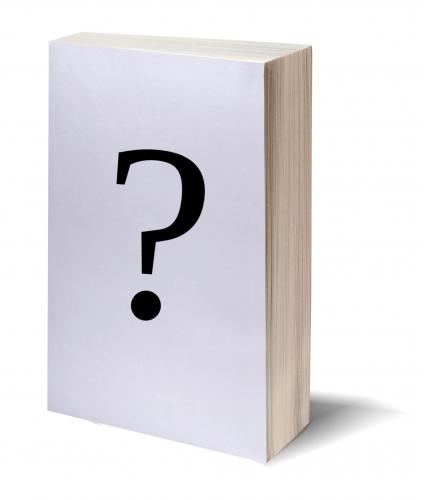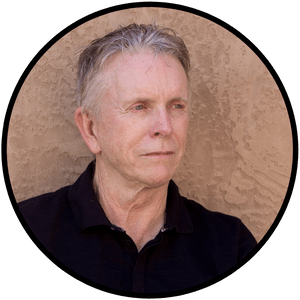 Dear Fellow Author, If you’re thinking of asking for reviews from friends and acquaintances you respect and trust, and who know a few things about writing and storytelling, here are ten points you might consider: 1. If friends give you an enthusiastic "yes, of course I'll review your book," best they know the length of your book. If possible, set a soft time goal that's both comfortable for author and reviewer. 2. Sometimes the best thing a would-be reviewer can do is be straight with the author. An upfront "I wish it were otherwise, but I can't help you" is far better than an endless protraction of good intentions.
0 Comments
 I sat at a typewriter behind a closed bedroom door for a lot of my adolescence. I can’t even remember what I wrote—probably some poetry and fantasies—but I do remember why. I wanted to create a world that I controlled and that made me feel good. I became amazed and confused by the weird person coming to life on the written page. I worried what would my parents think. In reality, I was so ordinary and bland that I couldn’t stand my personality any more than I thought I could change it—but my imagination insisted that I try. Like most of my friends as well as the entire planet, the easiest way for not volunteering or committing to do something is to say, “really sorry, but my time is not my own.” This usually calms feelings of disappointment, and for me it’s always the truth.
As a society, we generally find it hard to say “no.” Yet we’re already stretched thin by work, personal responsibilities, putting out fires, and taking care of mind and body. Common sense about survival fails to come to our rescue.  I’ve been publishing books for a long time, into the grisly old age of my late seventies, My last four novels, crossing the threshold of challenging storytelling, I could never have imagined while writing books in my thirties or forties. I care for, sometimes love, book jackets. I am drawn to their imaginative art work—a dynamic mirror of some kind of collective storytelling consciousness. But what about all those large-font sentences flying over the front and back covers, insisting that I might really like this book? Over the decades, I honestly lose track of what is written, and which famous people wrote them. They often seem interchangeable, and sometimes a string of cliches. Even the most accurate accolades merge into sensory overload.  I’ve gone blurbless for my new novel, Ghost With Two Hearts. It’s about a troubled, young American coder seeking out ancient Japanese spirits for guidance, with too much at stake even for him to understand at first. How do I convey all this on a book jacket? I’m not sure, but I’m willing to experiment. For Ghost, I chose two images, created by two different artists, one for the front cover and one for the back cover. I added a 100 word excerpt from the novel at the bottom of the back cover which tells a reader a lot more, I hope, than would the most well-intended blurbs, especially if they carry on into a book’s interior. Save your reading time for the story you just spent your money on, I would like to tell people. Whether you like the story or not, you can always write a review. |
MRF BlogMichael's thoughts on writing, politics and everything in between. Archives
November 2023
Categories
All
|
|
Michael R. French graduated from Stanford University where he was an English major, focusing on creative writing, and studied under Wallace Stegner. He received a Master's degree in journalism from Northwestern University. He later served in the United States Army before marrying Patricia Goodkind, an educator and entrepreneur, and starting a family.
|
